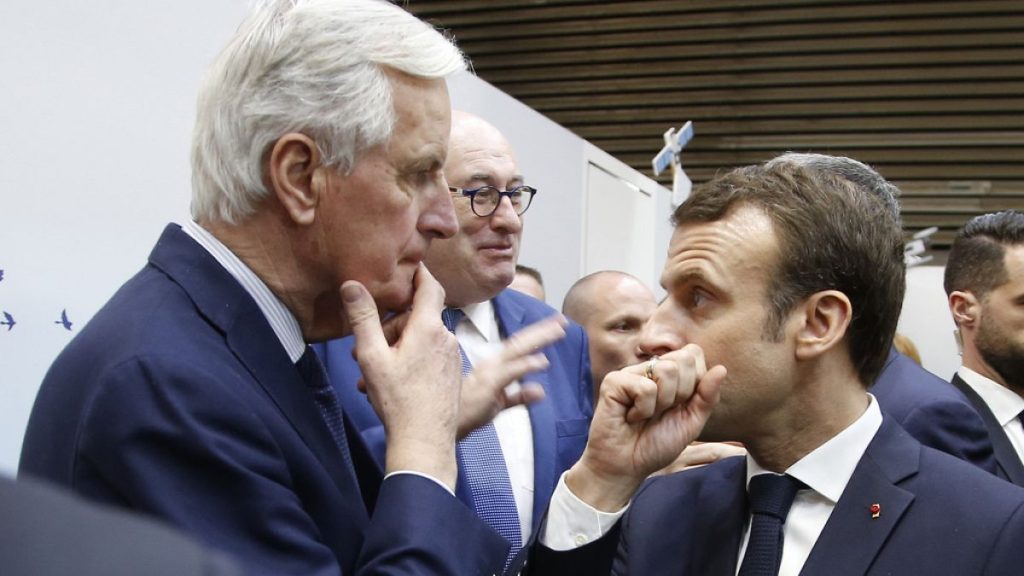In a recent interview with French television channel TF1, newly appointed Prime Minister Michel Barnier outlined his plans for the future French government. He acknowledged the challenging situation in the National Assembly, which is divided into three major blocs, leading to the left-wing New Popular Front threatening a vote of no confidence. Despite this, Barnier emphasized that his team would not be simply a right-wing government and expressed willingness to work with ministers from various backgrounds. He also announced his intention to reopen the debate on pension reform, with a focus on improvement rather than complete overhaul, while ensuring that any changes respect the budgetary framework.
Barnier’s commitment to fiscal responsibility was evident in his remarks about tax justice and the need to control migratory flows in a rigorous and humanist way. He indicated a willingness to consider tax increases and implement concrete measures to address immigration issues, without explicitly endorsing a moratorium on immigration. His approach to governance emphasized the importance of engaging with civil society, listening to a variety of perspectives, and seeking solutions that benefit all citizens. By expressing openness to potential reforms in electoral laws, specifically regarding the introduction of proportional representation, Barnier demonstrated a willingness to engage in dialogue with all political groups.
Regarding his relationship with President Emmanuel Macron, Barnier maintained a respectful attitude toward the presidential office and its incumbent. However, he also made it clear that there is a distinction between the role of the President as a figurehead and that of the government as the governing body. This statement highlighted Barnier’s commitment to fulfilling his responsibilities as Prime Minister while working collaboratively with the President to address key issues facing the country. Overall, Barnier’s interview signaled a balanced approach to governance, focusing on improving existing policies, maintaining fiscal discipline, and fostering dialogue across political divides.
As Barnier embarks on his term as Prime Minister, he faces the challenge of navigating a complex political landscape characterized by diverse ideological perspectives. By emphasizing the importance of fiscal responsibility, social justice, and effective governance, Barnier positioned himself as a leader committed to finding pragmatic solutions to pressing issues such as pension reform and immigration control. His willingness to engage with a range of stakeholders, including members of civil society and various political groups, reflects a desire to foster inclusive decision-making processes and build consensus around policy changes. Through his pragmatic approach and commitment to respectful dialogue, Barnier aims to address the needs of all citizens while upholding the principles of effective governance and fiscal sustainability.
In the context of the ongoing debate surrounding pension reform, Barnier’s announcement of plans to improve existing policies without compromising the budgetary framework indicates a cautious and deliberative approach to addressing complex issues. By acknowledging the concerns of various political factions, including the left and far-right, Barnier aims to strike a balance between different perspectives while advancing policies that prioritize the well-being of all citizens. His emphasis on listening to civil society, engaging with lawmakers, and seeking input from diverse sources underscores his commitment to inclusive decision-making processes and holistic policy solutions. As Barnier navigates the challenges of governing a divided National Assembly, his focus on collaboration, pragmatism, and fiscal discipline will be critical in shaping the future direction of the French government and addressing the pressing challenges facing the country.


